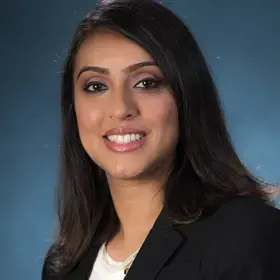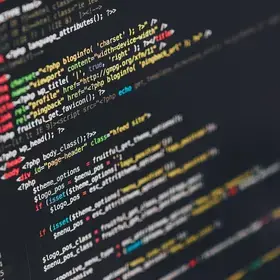This summer, Columbia University’s Pre-College Programs for High School Students will resume on campus after two years of online learning due to the pandemic. High schoolers will travel from all over the world to study and live on Columbia’s campus and take popular courses such as Medicine as a Career Choice: Thinking Like a Doctor and The Supreme Court and Major Topics in U.S. Law. Meanwhile, the online format is available for some courses for those students who wish to participate at home. In whichever format the courses are taught in, instructors aim to provide students the ability to think with both open-mindedness and precision about complex and challenging material. Hear what some of our instructors are most excited about teaching this summer:
Alison Jane Martingano, Ph.D., teaches Introduction to the Science of Psychology. "When studying something as complex as the human mind, it is important to me that my students appreciate experimental rigor. If they hear on the news the phrase 'according to scientists,' I want them to have the tools to evaluate the quality of that research and decide whether they should accept those scientists’ conclusions."
Jack McGourty, Ph.D., the Director of Community and Global Entrepreneurship at Columbia Business School, teaches Entrepreneurship: From Idea to Early Product Design. "The course is designed for those who want to acquire the necessary business and entrepreneurial thinking skills to build effective product solutions for today's many challenges and help communities thrive in new and innovative ways."
Florina Altshiler, the lead trial attorney and a partner with the Buffalo, NY office of Russo & Gould LLP, teaches Introduction to Trial Advocacy, Trial Advocacy, and Neuroscience and the Law. In her courses, she will introduce various legal concepts, such as eyewitness memory and its relationship to the brain and to injustice. “To understand eyewitness accounts is to understand injustice. Why is eyewitness memory the leading cause of wrongful convictions? Simply put, we trust that eyewitnesses have no reason to lie, especially when they come forward, unbiased, and take an oath to tell the truth. The problem, rooted in a basic understanding of neuroscientific principles, is that memory is flawed and, therefore, inherently, unreliable.”
The Immersion Programs in New York City and online are now accepting applications for Summer 2022. Learn more.


